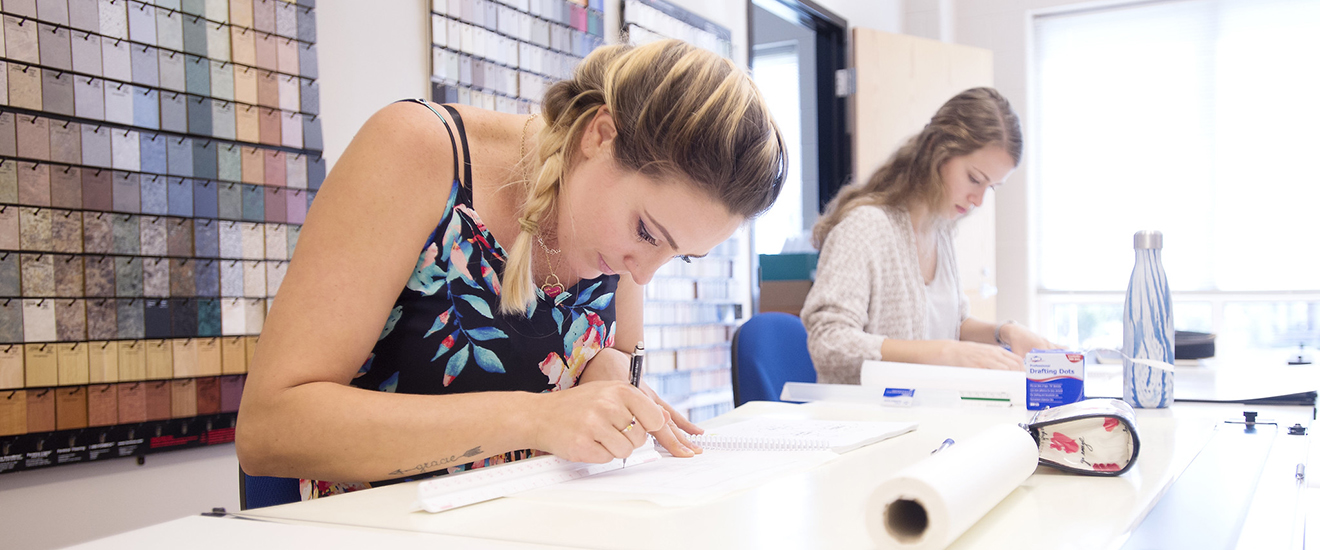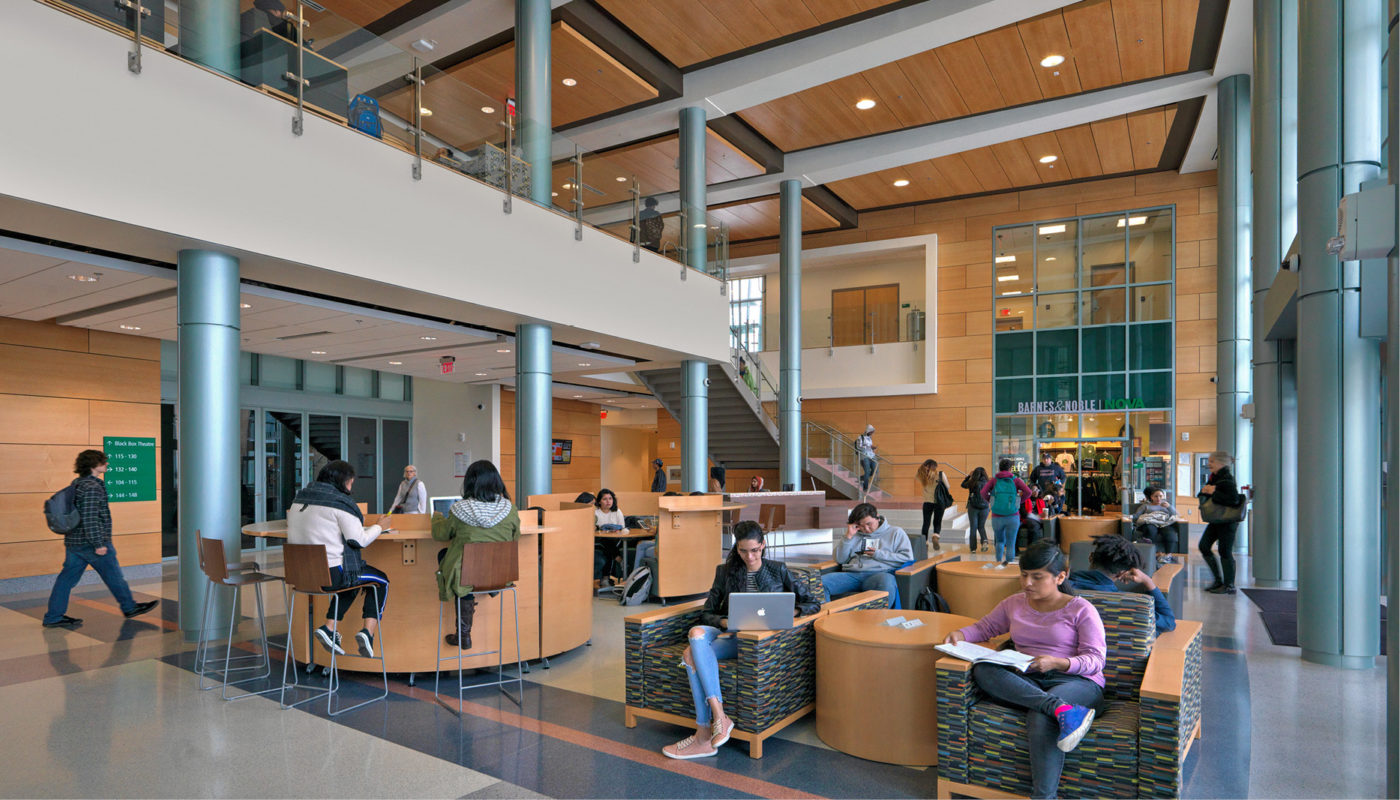Are you dreaming of a career in interior design? Virginia boasts some remarkable institutions that can pave your way to success in this vibrant industry. With a mix of creativity, technical skills, and a keen understanding of aesthetics, becoming an interior designer is as rewarding as it is challenging. Let’s explore the top interior design colleges in Virginia, their programs, and what you can expect!
Understanding Interior Design Education in Virginia
Interior design combines art, architecture, and psychology to create functional and aesthetically pleasing spaces. Pursuing a degree in interior design can open doors to various careers, including residential design, commercial design, and even specialized fields such as healthcare or sustainable design.
What to Expect from an Interior Design Program
Interior design programs typically include coursework in color theory, spatial arrangements, drafting, and design principles. Many programs also incorporate technology and tools used in the industry, such as CAD (Computer-Aided Design) software. Additionally, internships and practical experiences are often crucial components of these programs, providing students with real-world experience.

Top Interior Design Colleges in Virginia
To help you make an informed decision, we’ve compiled a list of some of the best interior design colleges in Virginia. Below is a detailed comparison of their programs, features, and other essential aspects.

| College/University | Programs Offered | Accreditation | Location |
|---|---|---|---|
| Virginia Commonwealth University | BFA, MFA in Interior Design | NCCAP | Richmond |
| James Madison University | BFA in Interior Design | CIDA | Harrisonburg |
| Savannah College of Art and Design (SCAD), Atlanta | BFA, MFA in Interior Design | CIDA | Atlanta, GA (near VA) |
| George Mason University | BFA in Interior Design | CIDA | Fairfax |
| Radford University | BFA in Interior Design | CIDA | Radford |
Detailed Overview of Each College

1. Virginia Commonwealth University (VCU)
Virginia Commonwealth University has a robust program for budding interior designers, offering both Bachelor’s and Master’s degrees in Interior Design. The curriculum emphasizes creativity, sustainability, and technology.
Pros and Cons of VCU Interior Design Program
Pros
- Reputation for strong art and design programs
- Urban setting in Richmond provides real-world design opportunities
- Access to experienced faculty and industry connections
Cons
- Tuition can be higher for out-of-state students
- Competitive admission process

2. James Madison University (JMU)
JMU offers a BFA in Interior Design, focusing on a comprehensive understanding of design principles and practices. The program is well-respected and provides students with hands-on experience.
Pros and Cons of JMU Interior Design Program
Pros
- Strong emphasis on internships and practical experience
- Highly rated by students for its supportive faculty
- Accredited by CIDA, ensuring quality education
Cons
- Limited graduate options; only a bachelor’s degree available
- May lack some technology-focused courses compared to larger schools

3. Savannah College of Art and Design (SCAD), Atlanta
Though located just outside Virginia, SCAD is renowned in interior design. They offer comprehensive programs that attract students from all over the country.
Pros and Cons of SCAD’s Interior Design Program
Pros
- Strong industry connections and job placement rates
- Excellent facilities and resources
- Wide range of courses, including specialized design areas
Cons
- Tuition is among the highest in the country
- Location may not suit everyone, being slightly away from Virginia

4. George Mason University (GMU)
GMU offers a BFA in Interior Design, integrating practicality and theory in its coursework. It is also known for its community-oriented approach.
Pros and Cons of GMU Interior Design Program
Pros
- Close proximity to Washington, D.C. for internships
- Supportive environment with small class sizes
- Focus on collaborative projects and teamwork
Cons
- Lack of advanced degrees available in interior design
- Limited exposure to high-end design projects
5. Radford University
Radford University’s BFA in Interior Design program emphasizes creativity, communication, and technical skills necessary for success in the field.
Pros and Cons of Radford University Interior Design Program
Pros
- Strong community feel and student support
- Competitive tuition rates compared to larger universities
- Hands-on learning opportunities
Cons
- Less recognition compared to larger universities
- Limited networking opportunities in the design industry
Choosing the Right Interior Design College
Choosing the right school is a significant decision that will impact your career. Here are some factors to consider:
1. Accreditation
Ensure the program is accredited by relevant bodies, such as the Council for Interior Design Accreditation (CIDA). Accreditation ensures you receive a quality education recognized by employers.
2. Curriculum
Examine the curriculum offered and evaluate whether it aligns with your career goals. Look for programs that offer a balance of theoretical knowledge and practical experience.
3. Location
The location of the college can have a significant impact on internship and job opportunities. Being near urban centers can provide more real-world experience.
4. Faculty and Facilities
Research the qualifications of the faculty and the facilities available to students. Access to well-equipped studios and tools is essential for hands-on learning.
Personal Insights: My Journey into Interior Design
As someone who pursued an interior design degree in Virginia, I can share firsthand the value of choosing the right program. My journey involved selecting a school that offered not only a robust curriculum but also opportunities for internships and networking. I found that hands-on projects and collaborations with local firms were instrumental in preparing me for my career.
After graduating from a well-recognized program, I was able to secure an internship with a reputable design firm, which led to my first job after graduation. Each project I worked on helped me develop my unique design style and hone my skills. Remember, your education is just the beginning; real-world experience is where you truly learn and grow.
Frequently Asked Questions (FAQs)
What are the best interior design colleges in Virginia?
Some of the top interior design colleges in Virginia include Virginia Commonwealth University, James Madison University, George Mason University, and Radford University.
What degree do I need to become an interior designer?
A Bachelor’s degree in Interior Design is typically required. Some positions may require a Master’s degree, especially for specialized fields.
Is accreditation important for interior design programs?
Yes, accreditation ensures that the program meets high educational standards, which is crucial for employment opportunities after graduation.
Can I find online interior design programs in Virginia?
Yes, several colleges offer online or hybrid programs in interior design, allowing for flexibility in learning. Be sure to check their accreditation status.
How long does it take to complete an interior design degree?
A Bachelor’s degree in Interior Design typically takes four years to complete, while a Master’s degree may take an additional two years.
Conclusion
Embarking on a career in interior design can be incredibly fulfilling. With several top-notch colleges in Virginia offering quality education and practical experience, you are well-positioned to launch a successful career. Take the time to explore your options, visit campuses if possible, and connect with current students. It’s not just about the degree; it’s about finding the right fit for your personal and professional growth. Good luck on your journey!